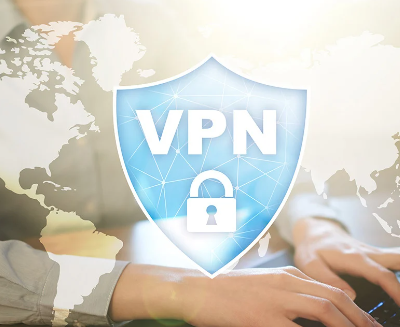You might be aware that there are a number of ways to protect your online privacy, but what about the times when you don’t have access to a computer or the internet? In this article, we’ll teach you how to get online privacy protection without relying on technology.
In today’s world, it is more important than ever to take measures to protect your online privacy. There are many ways that you can do this, but one of the most effective is through online privacy protection tools. In this article, we will discuss some of the best online privacy protection tools available and explain how they can help you keep your personal information safe.
As we increasingly share more personal information online, it’s important to take steps to protect your privacy. Here are five ways to get online privacy protection:
1. Use a VPN: A Virtual Private Network is a great way to hide your IP address and other online information. By using a VPN, you can encrypt all of your traffic and keep your privacy protected.
2. Stay Anonymous: You don’t have to give away all of your personal information to sign up for a free account on a social media site. You can create an anonymous account that will protect your identity and keep your personal information private.
What is Online Privacy Protection?
Online privacy protection is a way to protect your personal information when you are using the internet. It means that your personal information will not be available to people who might want to see it, or who might be able to use it to hurt you.
There are a number of ways that online privacy protection can help you. One way is to make sure that your personal information is protected when you are saving it online. For example, if you are saving a file that includes your name and address, you might want to save it in a different file name so that people cannot easily see it.
Another way that online privacy protection can help you is by keeping your personal information safe when you are using the internet. For example, if you are using the internet to research a topic that is important to you, you might want to make sure that your personal information does not get into the wrong hands.
Finally, online privacy protection can help protect your personal information from being stolen or lost. If someone steals your personal information, they could use it to hurt you or damage your reputation. Online privacy protection can help protect your personal information from being stolen or lost in this way.
How to Get Online Privacy Protection
Online privacy protection is important for everyone, but especially those who use the internet frequently. By following simple tips you can safeguard your privacy online.
If you need to keep your personal information private, start by using a VPN service. A Virtual Private Network will encrypt all of your traffic and protect you from tracking. You can also create a password to protect your account and use different devices to access different parts of the internet.
Another way to keep your personal information private is to use a browser extension like Privacy Badger that blocks trackers and ads from tracking your browsing habits. You can also use a password manager like LastPass to create strong passwords for all of your accounts and store them in one place. Finally, be sure to never give out your personal information directly or through unsecured links.
Types of Online Privacy Protection
If you’re worried about how your online activities are being monitored and tracked, there are a few different ways to get privacy protection.
– Some popular methods of online privacy protection include using a VPN service, using a proxy server, and using an encrypted browser extension.
Each of these methods has its own strengths and weaknesses. It’s important to choose the right one for you depending on your needs.
For example, a VPN service can help protect your identity and location when browsing the internet, but it can also slow down your internet speeds.
– On the other hand, using a proxy server will protect your identity and location, but it may not be as fast as using a regular internet connection.
– And finally, using an encrypted browser extension like HTTPS Everywhere will encrypt all of your web traffic, which will protect your privacy but may also slow down your browsing speeds.
Our Recommendation: Norton Online Privacy
There are a number of different types of online privacy protection that you can use to keep your personal information safe. The most common types are:
· Password Protection: This is a method of protecting your account by requiring you to create a unique password before you can access it.
· Two-factor Authentication: This is a security feature that requires you to provide additional information, such as a login code and a PIN, in order to access your account.
· Security Questions: This is a method of requiring users to answer questions about themselves in order to log in to their account. This helps protect against unauthorized access by people who know your username and password.
· Anti-Spam Measures: Many websites have features that help prevent spam from being sent to their users. These features include the use of anti-spam filters and user authentication requirements.






